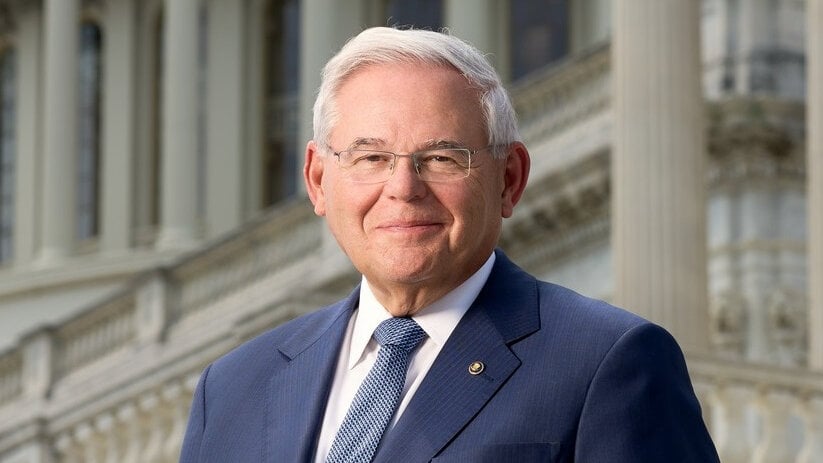
U.S. Senator Robert Menendez, a well-known Bitcoin skeptic, has been charged with bribery after allegedly accepting gold, cash, and mortgage payments from three businessmen in his home state of New Jersey. Menendez has long been critical of cryptocurrencies, accusing them of facilitating criminal activities and enabling foreign actors to evade U.S. sanctions.
According to the indictment, Menendez and his wife, Nadine Menendez, accepted bribes in exchange for using his power and influence. The bribes allegedly helped enrich the three businessmen, Wael Hana, Jose Uribe, and Fred Daibes, while also benefiting the government of Egypt by providing sensitive U.S. government information and other charges.
One example cited by federal prosecutors is Menendez using his influence to dismantle a criminal probe against Uribe in New Jersey and protecting an Egyptian business monopoly granted to Hana. Menendez denied the allegations, stating that he remains focused on continuing his work and will not be distracted by baseless accusations. If convicted, Menendez faces up to 20 years in prison.
Interestingly, the indictment reveals that Menendez used traditional instruments to hide the alleged ill-gotten gains, which is in stark contrast to his past outlook on Bitcoin. In 2017, Menendez sent a letter to the Financial Crimes Enforcement Network (FinCEN) expressing concerns about the anonymous nature of Bitcoin transactions and its suitability for criminal activities.
Menendez has been actively involved in cryptocurrency-related legislation. He co-sponsored the Accountability for Cryptocurrency in El Salvador (ACES) Act, which aims to investigate the risks associated with El Salvador’s adoption of Bitcoin as legal tender. He also voiced concerns about Facebook’s stablecoin project, Libra, warning that it could become a hub for money launderers, criminals, and countries seeking to evade U.S. sanctions.
The charges against Menendez highlight the irony of his position on cryptocurrencies. While he has been vocal in his criticism of digital currencies, he allegedly used traditional means to hide his bribery payments. The indictment also raises questions about the integrity and ethics of elected officials who are tasked with making decisions in the best interest of the public.
As the case against Menendez unfolds, it serves as a reminder that corruption can exist in various forms, and it is important to hold all individuals accountable, regardless of their stance on cryptocurrencies. It also emphasizes the need for transparency and accountability within the political system to ensure that public officials serve the interests of the people rather than their own personal gain.
In the cryptocurrency community, Menendez’s case may be seen as a cautionary tale. It highlights the importance of addressing legitimate concerns about criminal activities and sanctions evasion associated with digital currencies, while also recognizing that traditional financial systems are not immune to corruption. As the industry continues to evolve, it is crucial to strike a balance between regulation and innovation to create a safer and more transparent financial ecosystem.






